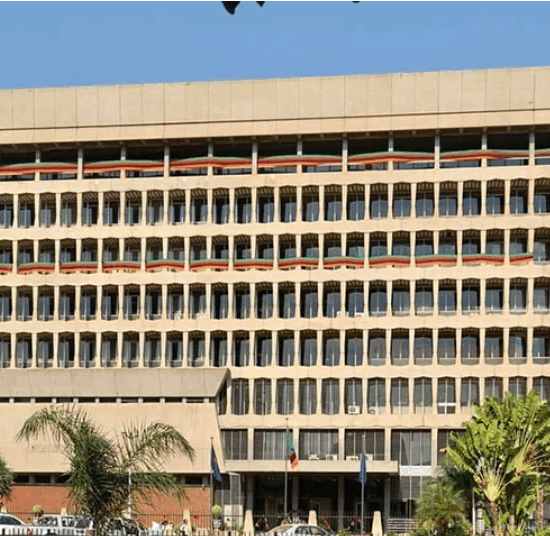
The Zambia Institute of Chartered Accountants –ZICA has expressed concern with reports that Zambia’s official creditors including China have rejected a deal the country struck with its international bondholders.
The official creditors are reported to be alleging that the deal did not deliver debt relief comparable to what they offered in a separate deal. The agreement in principle, which the International Monetary Fund (IMF) also rejected, is said to have not complied with “Comparability of Treatment.”
Speaking at the ZICA fourth quarter media briefing in Lusaka attended by the Zambian Business Times – ZBT, ZICA president Yande Mwenye said the implications are that the full conclusion of the debt restructuring process is likely to extend into 2024.
“This may adversely affect budget implementation and execution.” ZICA has since advised the government through the Ministry of Finance to clear the air by providing comprehensive information on the progress of the debt restructuring process in order to dispel speculations being fueled due to lack of information.
“We urge the Ministry of Finance to issue a comprehensive statement on the current state or the status of debt restructuring to dispel any speculation, that is currently being fuelled due to the lack of information.” She said.
Meanwhile, ZICA has advised the Government to address Zambia’s deep-rooted structural disparity that has manifested itself in a mono-economy still heavily reliant on copper mining.
The ZICA President said the Government must expedite the diversification of the country’s export base towards sectors such as Agriculture, Manufacturing, and Tourism as espoused in the current national development plan and other policy documents as this will ensure a multiplicity of sources of foreign currency thereby arresting [Kwacha] depreciation over time.
She said the exchange rate remains a significant variable in Zambia’s economy hence, the persistent depreciation of the Kwacha continues to pose economic challenges.
“Going forward, a combination of short-term and long-term measures must be used to arrest the perpetual depreciation of the Kwacha. This way, the Kwacha can be redeemed and consequently the economy insulated from the shocks arising from the Kwacha’s depreciation.”







